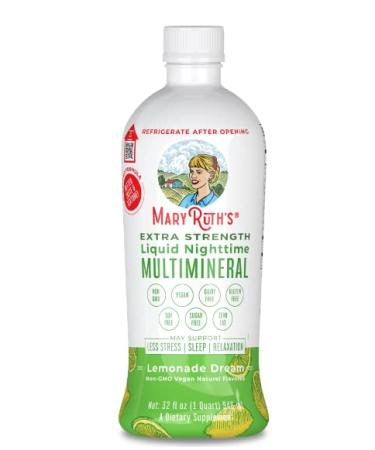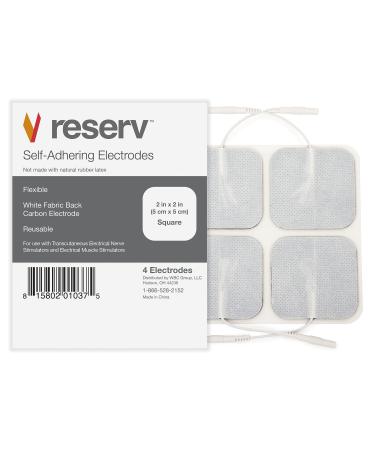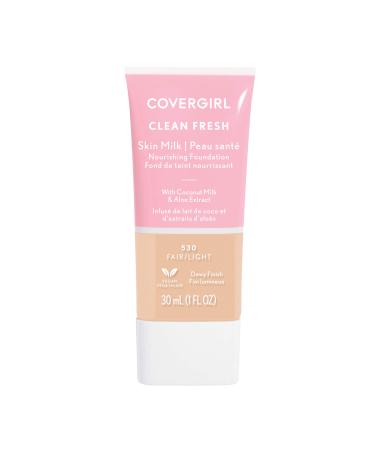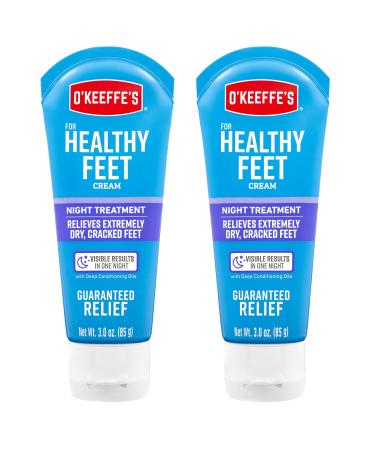Benefits of Flower Honey
Flower honey is a natural product produced from nectar and pollen collected by bees from flowers. This delicious honey has many benefits:
1. Strengthens the Immune System : Flower honey supports the immune system thanks to the antioxidants it contains. Consuming it, especially during the winter months, increases the body's resistance and protects against diseases such as the flu¹.
2. Relieves Pain and Soothes the Throat : Regularly consuming flower honey relieves pain and helps soothe the throat. It's effective for ailments like coughs and sore throats¹.
3. Helps Control Weight and Satisfies Sweet Cravings : Flower honey is a natural sweetener and a low-calorie alternative. It doesn't gain weight while cutting your sweet cravings.
4. Supports Skin Health : Thanks to its antioxidants and nutritional properties, it protects skin health and prevents deformities.
Choosing genuine and organic flower honey allows you to benefit from all these benefits. Additionally, storing it in a cool, dry place will help you use it longer.
Is it suitable for babies?
According to experts, bees may unknowingly ingest botulism bacteria spores while collecting nectar and use them in honey production.
Ingesting this honey is not a problem for adults. Neither the body's immune system nor the acidic environment of the stomach allow this bacteria to cause harm. In babies, the immune system is not yet fully developed, and the stomach is still only able to digest breast milk. Unlike adults, the beneficial bacteria that control botulism spores and prevent the bacteria from multiplying and producing toxins in babies' digestive systems have not yet developed.
This bacteria can cause a dangerous form of poisoning called botulism in babies. Affected babies may experience difficulty breathing and swallowing, and may experience weakness in the arms, legs, and neck. This can lead to very serious consequences.
While honey is harmless to children over one year old, doctors recommend against feeding honey to babies under 12 months of age for these reasons.
Is it suitable for children?
. Honey, which contains many vital substances such as vitamins, minerals, amino acids, and enzymes, is indispensable for children's nutrition because it facilitates digestion, stimulates appetite, and helps the body recover from developmental disorders.
Due to its high mineral content, honey contributes particularly to iron deficiency in children. The magnesium contained in honey prevents blood clotting in the veins and protects against the negative effects of stress.
It helps children maintain their perception and concentration during school years. It is a high-capacity energy source. It provides both healthy nutrition and energy for those who can't sit still, providing them with sweet tooth. Considering how much children love sweets, and even consider them to be their passion, honey's nutritional value makes it arguably the most beneficial and high-quality dessert children can consume.
It also helps prevent constipation in all age groups due to its effects on improving intestinal microflora.
It's a known fact that honey strengthens the immune system. Children, who constantly interact with each other, especially in schools and daycare centers, often get sick and contract germs from their friends. In environments with such a high risk of infection, the most effective and healthy way to protect children from illnesses, germs, and viruses is to keep their immune systems strong. It's also known to have a positive effect on the healing of wounds and inflammations, which are common in children.
Studies have shown that children who consume honey have better growth and development rates.
The sweetness of honey and the softening properties of milk help you start the day feeling refreshed and give a feeling of fullness.
Using honey instead of sugar to sweeten milk is beneficial because it makes it easier for children to consume both honey and milk. It's a known fact that giving children milk with honey instead of milk alone helps prevent anemia and constipation and improves digestion.
Raw honey is natural honey offered for consumption as it comes from the hive it has not been pasteurized or filtered. Pasteurization, or heating to high temperatures, is not actually a necessary process for honey. It's used to prevent crystallization. However, crystallization is natural and doesn't need to be prevented.
Pasteurization reduces some enzymes and valuable phenolic and flavonoid components in honey filtration reduces pollen content in honey.
Because our honey is not pasteurized or filtered, its nutritional content is preserved in all its natural form.
One point needs to be emphasized. Since raw honey is not heated to high temperatures and its pollen is not filtered, crystallization can occur naturally. Crystallization of honey is a completely natural phenomenon. There is no harm in consuming crystallized honey.
Since there is no problem with nectar flow, no supplemental feeding is required. Only enough honey remains to harvest nectar in December and January. Therefore, there is no need to feed it to provide energy throughout the winter.













